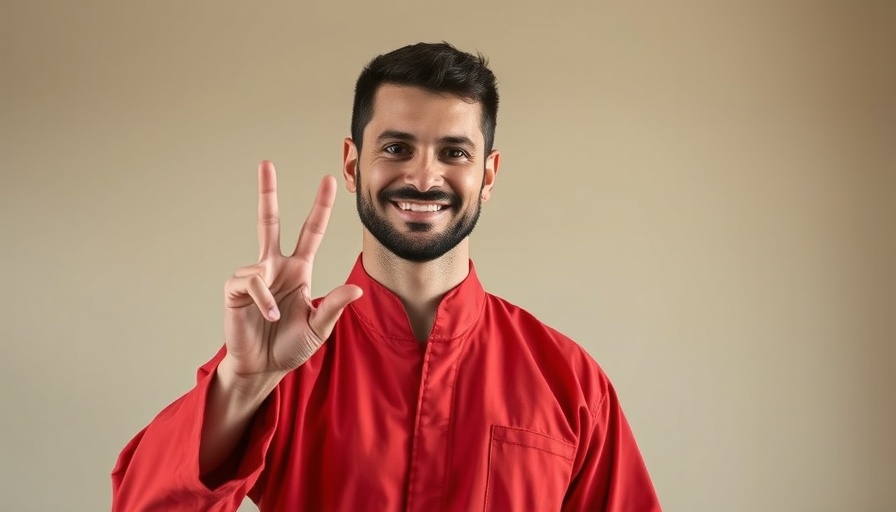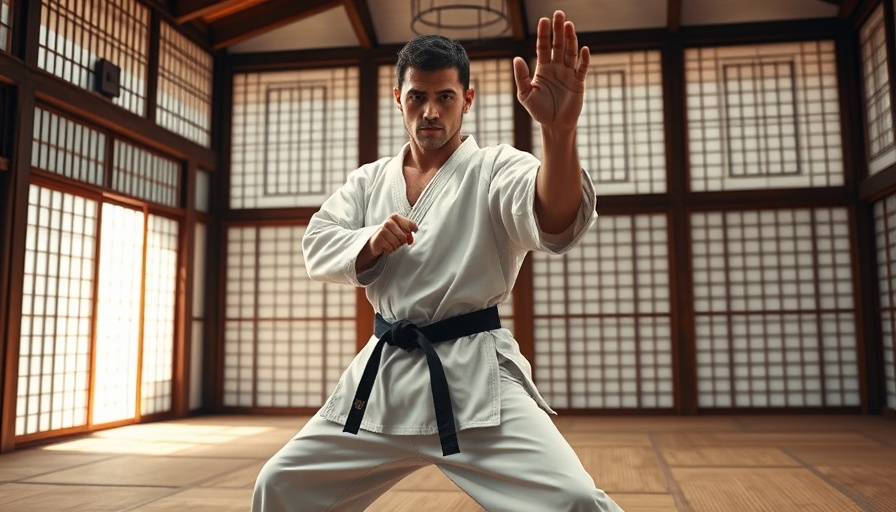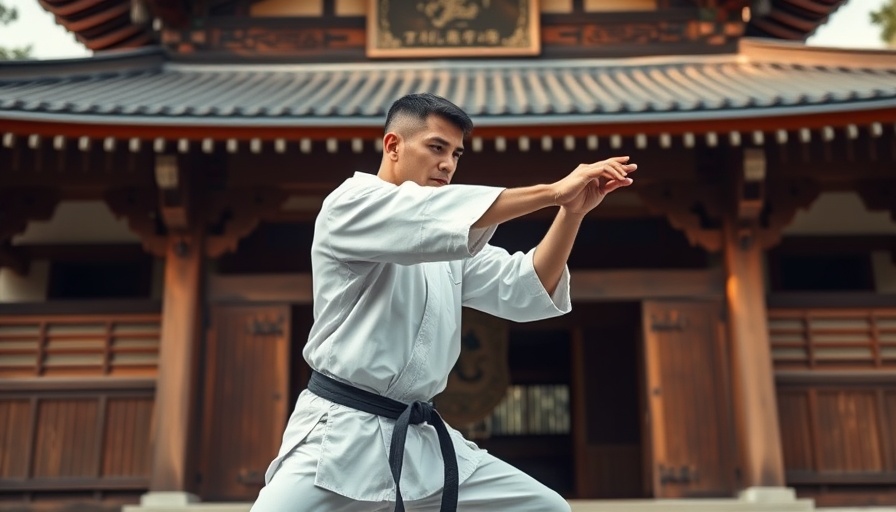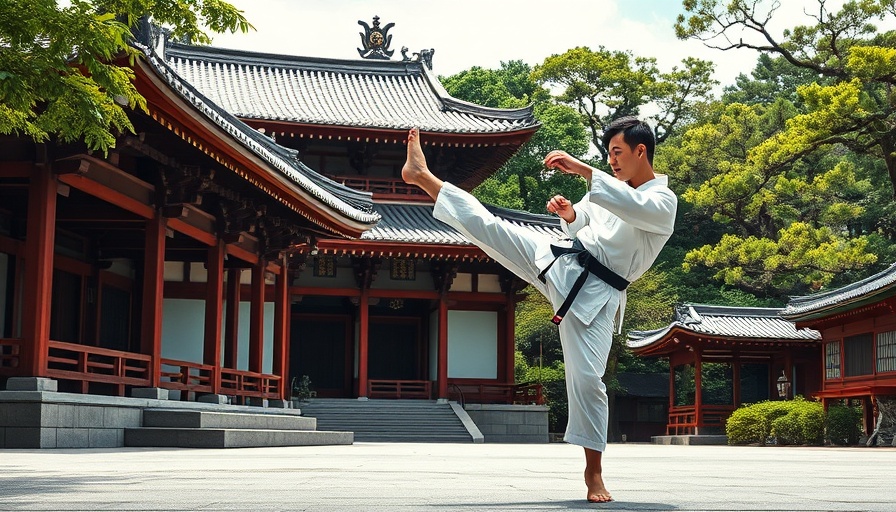
Unleashing the True Spirit of Martial Arts
As martial artists, we often embark on our journey for various reasons—whether it's for self-defense, fitness, or simply the thrill of training. Yet, at its core, the martial arts offer a profound opportunity: the chance to understand and resolve conflict. This article delves into what keeps the martial arts fundamentally 'martial' and relevant to individuals of all ages.
The Unique Value of Martial Arts Training
Training in martial arts is unique in its capacity to teach self-protection skills, distinguishing it from other fitness activities such as yoga or gymnastics. According to Ando from Happy Life Martial Arts, the practice encompasses not just physical prowess but also the ability to confront and manage real-world threats. This holistic view reinforces the idea that overcoming resistance—often seen as fighting—is essential to personal growth and self-defense.
Facing Fears and Building Resilience
Whether you're a child timidly entering your first class or an adult nervous about an upcoming sparring session, martial arts encourage us to face our fears. Schools across the globe, from traditional dojos to MMA gyms, emphasize the importance of stepping out of our comfort zones. As students learn to tackle challenges—from physical sparring to mental hurdles—they build resilience, a quality that permeates every aspect of life.
Balancing Tradition and Modernity in Training
With the rise of Mixed Martial Arts (MMA), traditional schools have faced scrutiny for not adapting their methods. The challenge is not to lose the essence of martial arts while also catering to students’ preferences for safety and enjoyment. This balance is crucial; as Ando aptly puts it, 'If we’re not careful, there may be fewer schools offering the full benefits of martial arts than ever.' Thus, instructors must innovate while preserving the genuine martial spirit.
Teaching Conflict Resolution through Martial Arts
Beyond self-defense, martial arts provide invaluable skills for conflict resolution. As highlighted by MAX3 Martial Arts, children learn respect, discipline, and self-control—foundational traits that are essential when navigating conflicts in everyday scenarios. These skills empower them to address bullying, arguments, and misunderstandings in a constructive manner.
Creating a Safe Space for Growth
Martial arts classes serve as secure environments where students can practice these vital skills. Instructors create opportunities for students to engage in mock conflicts, helping them understand the dynamics of disagreement safely. This experiential learning fosters emotional intelligence and prepares them for real-world challenges.
The Broader Implications of Martial Arts
Ultimately, the mission of martial arts extends far beyond the mat. As we train to defend ourselves, we also cultivate a community of resilient individuals ready to face adversity not just personally, but for the greater good. This brings forth a vision of a society where empowered, grounded individuals inspire a shift towards empathy, understanding, and peace.
Conclusion: Keeping Martial Arts Exciting and Relevant
In conclusion, the essence of martial arts is not just about the physicality of fighting; it is deeply tied to the ideals of conflict resolution, self-discipline, and personal growth. As martial artists—whether instructors or students—we should strive to uphold these values while ensuring our practices remain engaging and relevant. So, let's keep the martial arts truly 'martial' and continue fighting for a happier, healthier life.
 Add Row
Add Row  Add
Add 








Write A Comment